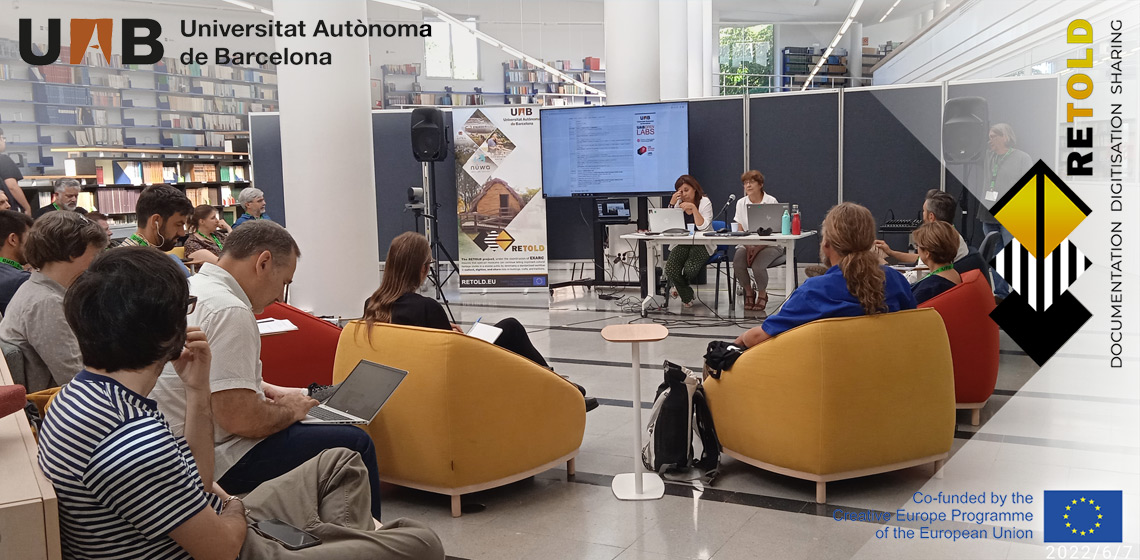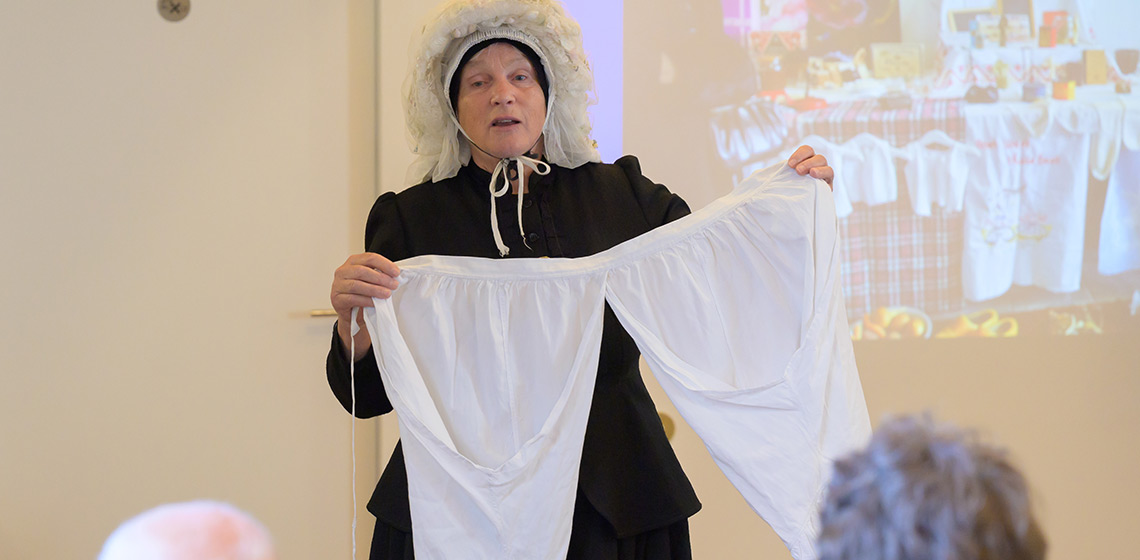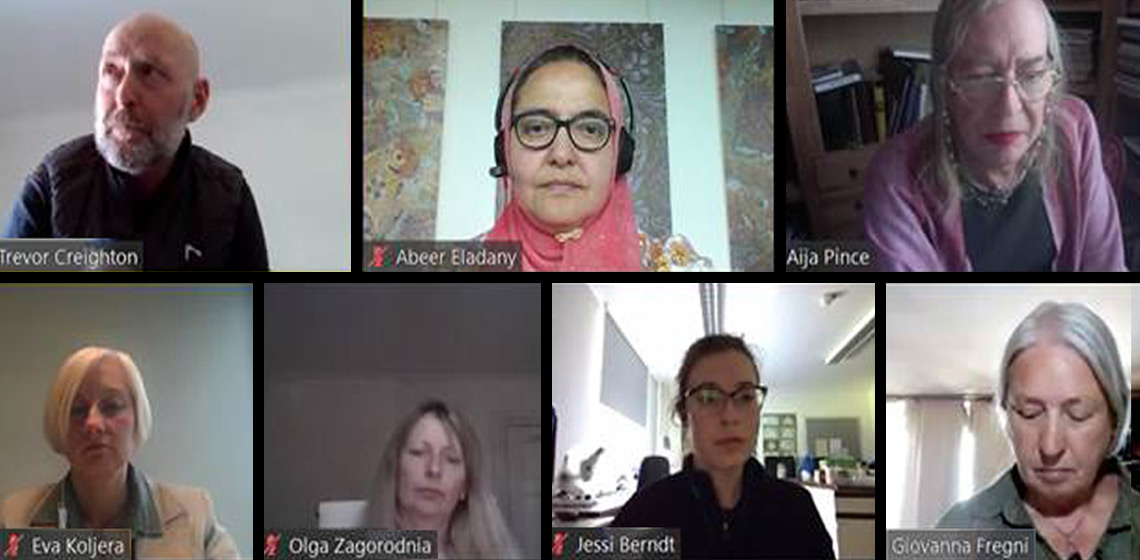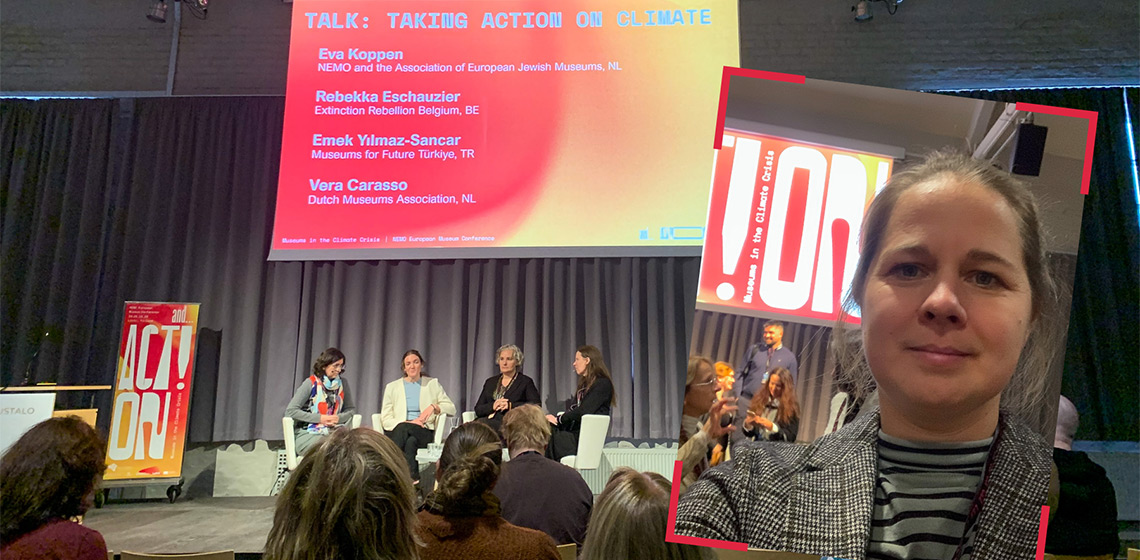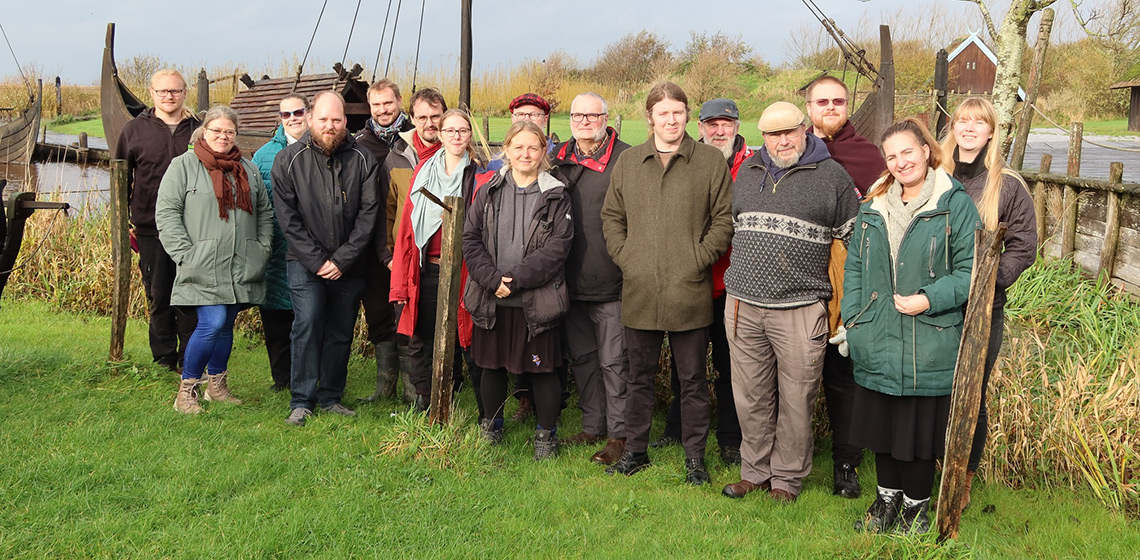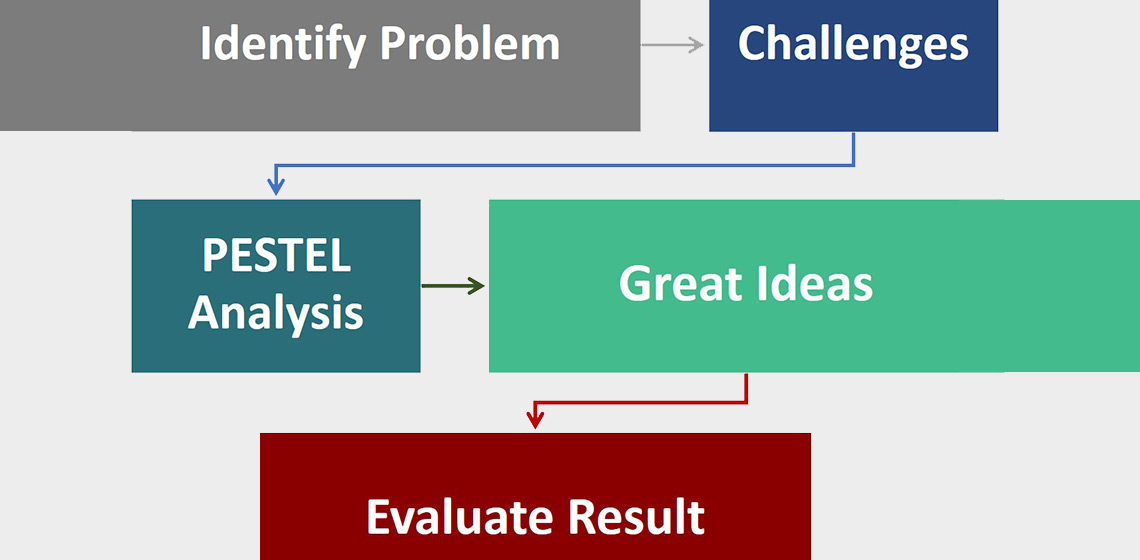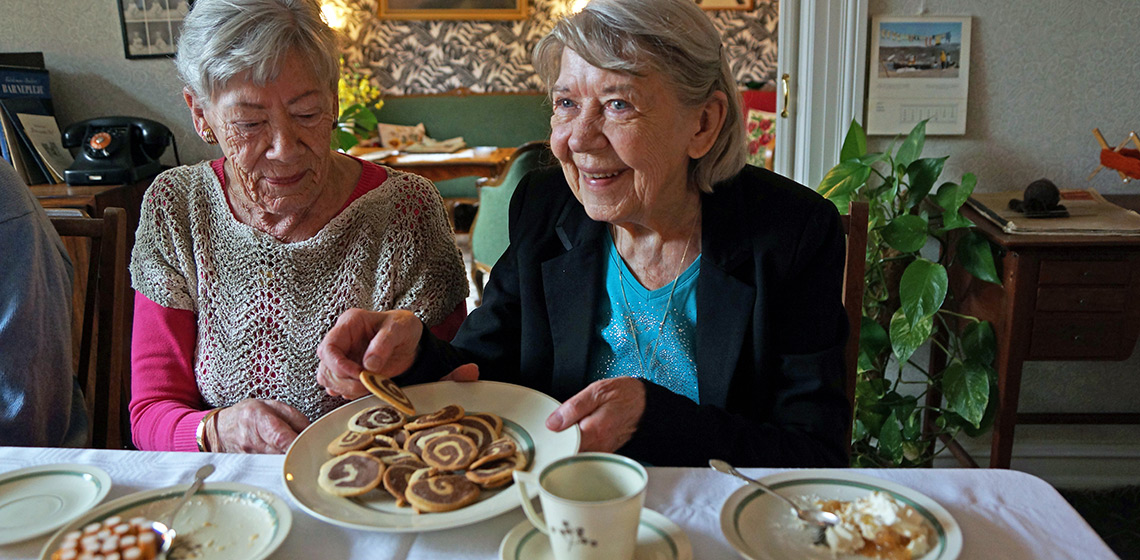Newest Era
Time travel – a Great Method to Strengthen Cooperation between Museums and Schools. The Experience of Nationwide Time Travels in Estonia.
RETOLD: Review of the Meeting at the Universitat Autònoma de Barcelona (UAB), June 2022
Where Two Worlds Meet - Living History and Heritage Locations
Celebrating International Museum Day 2023... Internationally
Conference Review: ACTION! Museums in the Climate Crisis, NEMO 2023
Sally Pointer
Sally is an archaeologist and freelance heritage educator with an MSc in Experimental Archaeology. She is also an Honorary Associate Research Fellow at Exeter University.
Event Review: Experimental Archaeology in Denmark 2023
Strategy of Presenting Prehistoric Sites Like an Open-air Stand. Why and How and from a Sustainable Development Perspective
Introduction
One of the heritage resources of prehistoric sites, where prehistory is a diverse and wide-ranging field of study, appears as the triple determination between geography and climate, humans and their type of social organisation. Prehistory has bequeathed us evocative monuments and landscapes from the earliest human occupation, spanning enormous environmental and technological changes, and including several human species. Thus, prehistoric sites have great meaning in both natural and cultural history.
“I’m really sorry my wife is not here today. She thinks I’m off my head.” How Open-air Museums can Create Programmes for People Affected by Dementia - Examples from Den Gamle By (DK)
Introduction
In 2012, Den Gamle By opened the ‘House of Memory’, accomodation specially furnished for sessions with people affected by dementia. It is a three-room apartment with accessibility for wheelchair users, a functional toilet and kitchen, two living rooms, a hallway and a bedroom. As collaborating partners, memory researchers from Aarhus University and the Department of Health and Care at Aarhus Municipality assisted with their knowledge.



